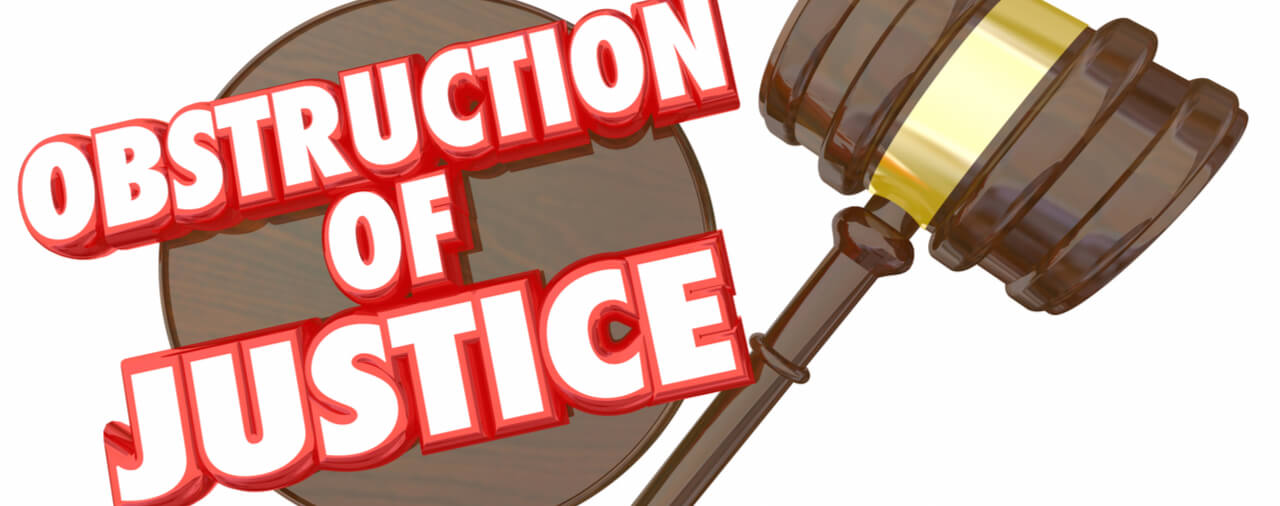Under section 101(a)(43)(S) of the Immigration and Nationality Act (INA) “an offense relating to obstruction of justice, perjury or subornation of perjury, or bribery of a witness, for which the term of imprisonment is at least one year”, INA §101(a)(43)(S), constitutes an aggravated felony. INA §101(a)(43)(S). However, the INA fails to define the phrase “an offense relating to obstruction of justice.” The Board of Immigration Appeals (BIA) recently used its authority to interpret statutes to conclude “accessory after the fact offenses necessarily relate to obstruction of justice within the meaning of section of 101(a)(43)(S) of the Act.” Matter of Valenzuela Gallardo, 25 I&N Dec. 838, 844 (BIA 2012).
In the Matter of Valenzuela Gallardo, the alien was a native and citizen of Mexico. Id. at 839. He was previously admitted to the United States as a lawful permanent resident on or about May 23, 2002. Id. On December 28, 2007, the alien was “convicted of the crime of accessory to a felony in violation of section 32 of the California Penal Code and was sentenced to 16 months in prison.” Id. The alien was subsequently placed in removal proceedings charged with removability as an alien convicted of an aggravated felony. Id. He sought termination of the removal proceedings arguing “his crime does not qualify as ‘an offense relating to obstruction of justice’ because the statute under which he was convicted does not require that the offender’s actions relate to any ongoing investigation or judicial proceedings.” Id.
The BIA concluded Congress specifically used the phrase “obstruction of justice” when drafting the aggravated felony definition found at INA §101(a)(43)(S). As such, the “use of this term of art indicated an intent that the phrase be interpreted consistent with its use in the Federal criminal code.” Id. at 840. According to the Federal criminal code, “whoever, knowing that an offense against the United States has been committed, receives, relieves, comforts or assists the offender in order to hinder or prevent his apprehension, trial or punishment, is an accessory after the fact.” 18 U.S.C. §3. A conviction for accessory after the fact requires the offender to hinder or prevent the “apprehension, trial or punishment”, 18 U.S.C. §3, for the specific purpose of concealment. Id. at 841. In the Matter of Espinoza, the BIA held “’the specific purpose of hindering the process of justice brings the federal “accessory after the fact” crime within the general ambit of offenses that fall under the ‘obstruction of justice’ designation.’” Matter of Espinoza, 22 I&N Dec. 889, 894-895 (BIA 1999).
The critical element in determining whether a crime constitutes obstruction of justice is “the affirmative and intentional attempt, with specific intent, to interfere with the process of justice.” Matter of Valenzuela Gallardo, 25 I&N at 841. In the Matter of Valenzuela Gallardo, the BIA clarified that the existence of an ongoing criminal investigation or trial “is not an essential element of ‘an offense relating to obstruction of justice.’” Id. The BIA relied upon other offenses considered “construction of justice” under the Federal criminal code such as those acts “performed with [the] intent to ‘hinder, delay, or prevent the communication to a law enforcement officer or judge of the United States of information relating to the commission or possible commission of a Federal offense.’” Id. at 842. See Fowler v. United States, 131 S. Ct. 2045 (2011).
The BIA’s decision in the Matter of Valenzuela Gallardo is just one in a series of recent decisions affecting aliens with criminal convictions. If you or a loved one is an alien and has been arrested for a criminal violation it is important to contact an experienced immigration as soon as possible. An experienced immigration attorney can insure you understand the possible immigration consequences of entering a guilty plea or being convicted of a crime. This attorney can also help develop a strategy to contest removal from the United States.





